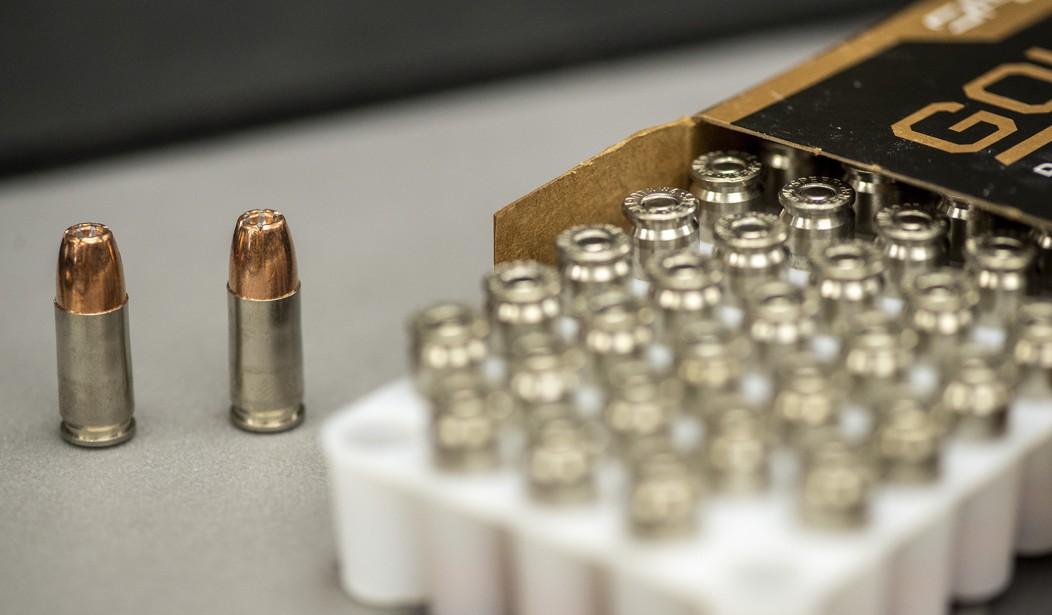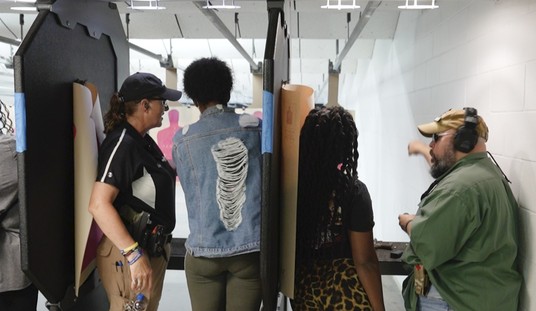California's new 11% excise tax on firearms and ammunition is already being challenged in federal court, but now Republicans in Congress are taking aim at the law and similar proposals introduced in several other blue states.
Idaho Sen. James Risch and California Rep. Darrel Issa are the primary sponsors of the "Freedom from Unfair Gun Taxes Act", which Risch says would block states from imposing new excise taxes on the sale of firearms and ammunition that channels the revenue to gun control efforts.
In a press release, Issa stated, “For years, extreme state policies and governors, including from my home state, have targeted the fundamental Second Amendment rights of our fellow Americans. California’s new imposition of a ‘sin tax’ on firearms and ammunition equates a core constitutional freedom with gambling or drug use. Enough is enough. That’s why Sen. Risch and I are joining forces to introduce this key legislation and stop any state tax that seeks to raise the price of self-defense out of reach for any American.”
It's a great idea, though I wish it also prohibited local and county governments from imposing those same taxes as well. Seattle, for instance, imposed a flat $25 tax on the sale of every firearm in 2016, along with a variable tax on ammunition of two cents per round tax on .22 caliber or smaller, and a five-cent per round tax on calibers larger than .22. Though supporters of the measure claimed it would bring in hundreds of thousands of dollars each year that could be spent on "gun violence prevention programs", in 2019 the tax generated about $85,000, in large part because many FFLs have simply moved out of Seattle or closed their doors altogether.
Residents who may have looked to console themselves with what, by now, was supposed to be a multi-million dollar stash of cash generated by the gun tax for prevention programs were in for another rude shock. According to one source, the first full year of gun tax collection yielded just $103,766, with $93,220 collected for 2017, $77,518 in 2018, and $85,352 in 2019 – a four-year total that failed to reach the midpoint, even, of the city’s predicted revenue for a single year.
To get the real financial impact of the gun tax, though, Seattle’s extreme overestimates have to be viewed in the larger context of actual lost revenues. At the time the gun tax was proposed, the proprietor of one of Seattle’s gun stores described what he called the city’s “grossly unsound” reasoning and revenue projections. Seattle, he added, had only two dedicated gun stores, plus a few big box sporting goods stores and pawnshops, but had “plenty more” located a short way out of the city. Rather than “just tighten the belt and hand over the money,” consumers would shop elsewhere and “Seattle gun stores would simply go out of business.” The result? No gun tax income and the city would lose the sales tax, other revenue and jobs the businesses had been generating until then. In his case – because he moved his business to the suburbs outside Seattle when the gun tax was passed – Seattle lost close to $64,000 in sales taxes that his business paid in his new location in 2017.
Another large gun retailer, the owner of Seattle’s Outdoor Emporium, was interviewed in late 2016 and blamed the gun tax for his “$2 million hit” in lost sales, a 32% drop in his customer count, and an estimated $600,000 loss of potential sales tax due to his plummeting sales.
If these figures are accurate, Seattle accomplished the unbelievable financial equivalent of cutting off its nose to spite its face by collecting, in 2016, a little over $100K in gun tax revenue but losing at least seven times as much in sales tax dollars alone. Driving these figures even further into the red, in 2017 the city reportedly spent more on defending a failed lawsuit on the tax (over its refusal to disclose the 2016 revenue collected) than it obtained that year in total gun tax income.
California's excise tax is harder to avoid. Because it's imposed statewide, FFL's can't just move to another city or county to get around the tax, and the state prohibits gun owners from purchasing ammunition out of state and bringing it back across the border. Though U.S. District Judge Roger Benitez has ruled the ammunition restrictions unconstitutional, the Ninth Circuit Court of Appeals has allowed the law to be enforced while California Attorney General Rob Bonta appeals Benitez's decision.
With Democrats in control of the Senate, the bill doesn't stand a chance of being enacted into law in the current session of Congress, but it should at least raise awareness of one of the lesser-known attempts to chill the exercise of our Second Amendment rights by making it too expensive for some folks to keep, bear, and buy arms (and ammunition).








Join the conversation as a VIP Member